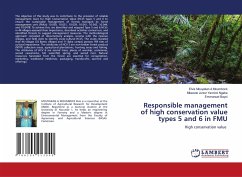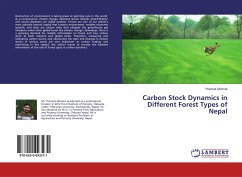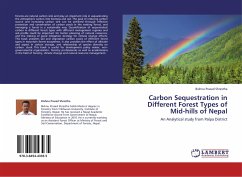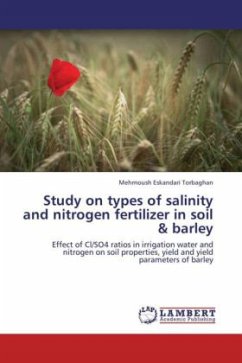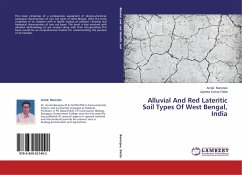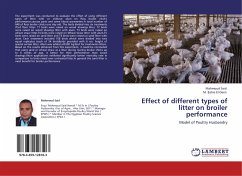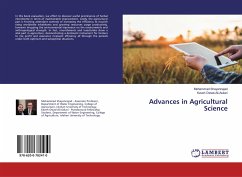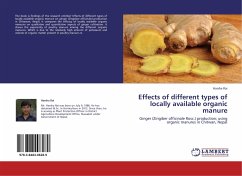The objective of this study was to contribute to the provision of reliable management tools for High Conservation Value (HCV) types 5 and 6 to ensure the sustainable management of forests managed by forest management unit (FMUs) 10.030, 10.031, 10.039, 10.041, 10.042, 10.044, and 10.047B. To achieve this, we identified and mapped Type 5 and 6 HCVs in 44 villages assessed their importance, described activities carried out, and identified threats to suggest management measures. The methodological approach consisted of documentary analysis, surveys with the riparian villages, and field visits to identify socio-cultural HCVs. The study revealed that 44 villages (33 Bantu villages and 11 Baka camps) possess 169 sites of cultural importance. The attributes of HCV 5 are non-timber forest product (NTFP) collection areas, agricultural plantations, hunting areas and fishing. The attributes of HCV 6 are sacred trees, places of worship, cemeteries, sacred caves/rocks, hill, waterfall, spring, and sacred river. Natural resources harvested from the forest are essential for consumption, marketing, traditional medicines, packaging, handicrafts, sacrifice and offerings.
Bitte wählen Sie Ihr Anliegen aus.
Rechnungen
Retourenschein anfordern
Bestellstatus
Storno

